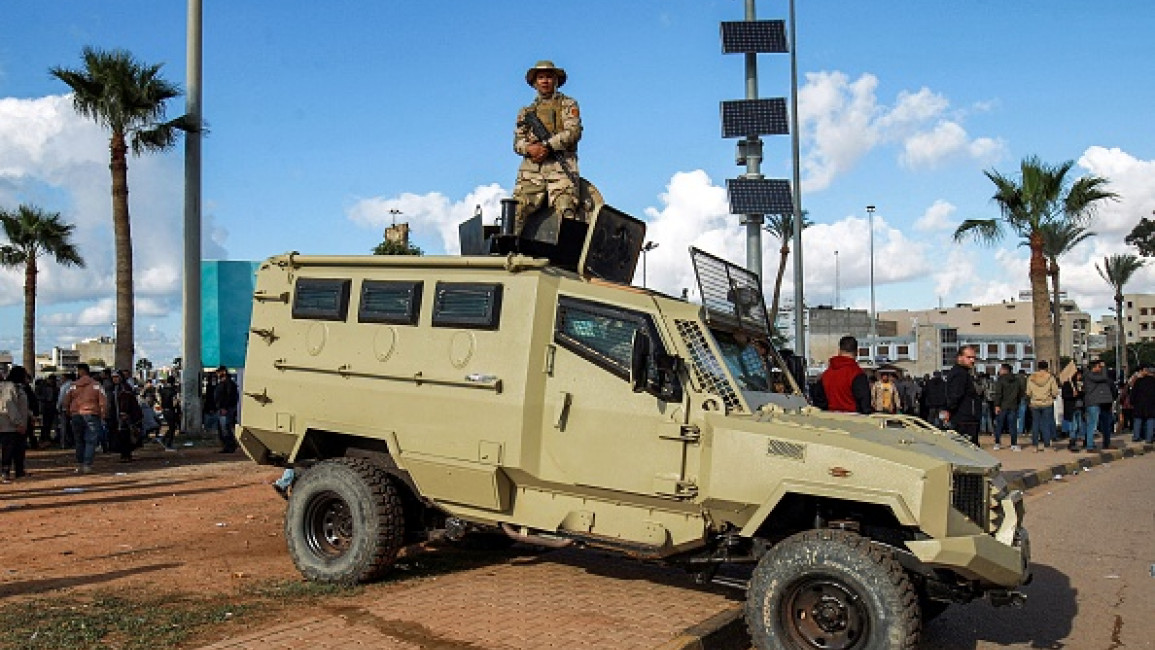U.N. will struggle to unify Libya with elections this year
The United Nations’ top diplomat in Libya said on Monday that he is launching a new attempt to calm the deeply unsettled nation by pushing for rival factions’ to agree on holding presidential and legislative elections this year, but any optimism was dampened by a lack of details and continued disputes.
Abdoulaye Bathily, U.N. Secretary-General Antonio Guterres’ Special Representative for Libya, told the U.N. Security Council in New York that the latest initiative is aimed at presidential and legislative elections within 10 months.
To date, he said, “the political process remains protracted and falls short of the aspirations of Libyans who seek to elect their leaders and reinvigorate their political institutions.”
“In short, Libyans are impatient,” he continued. “They question the will and desire of political actors to hold inclusive and transparent elections in 2023.”
Bathily and many international actors hope that elections could unify a nation split between governments controlling its eastern and western parts. The division of the nation rich in oil has fueled violence between armed groups, and driven untold numbers of unsafe journeys from Libya across the Mediterranean. Many of the journeys end in drownings.
After the televised meeting, Security Council members held a closed discussion.
“We asked questions and now we are looking for the answers. So far everything is very vague,” said Dmitry Polansky, First Deputy Representative of Russia to the U.N. “We need to see the details, because the efforts to bring together various Libyan parties were taken before. They failed. So we want to understand what's really different this time.”
Libya's reprentative, Taher El-Sonni, one of the few ambassadors at the meetings whose government does not control all of the internationally recognized national territory, echoed the call for more.
“Everbody is waiting to see the details of the mechanism,” he said. “Everybody is agreeing on going towards elections ... we're hoping that this political momentum will take place.”


![President Pezeshkian has denounced Israel's attacks on Lebanon [Getty]](/sites/default/files/styles/image_684x385/public/2173482924.jpeg?h=a5f2f23a&itok=q3evVtko)



 Follow the Middle East's top stories in English at The New Arab on Google News
Follow the Middle East's top stories in English at The New Arab on Google News


